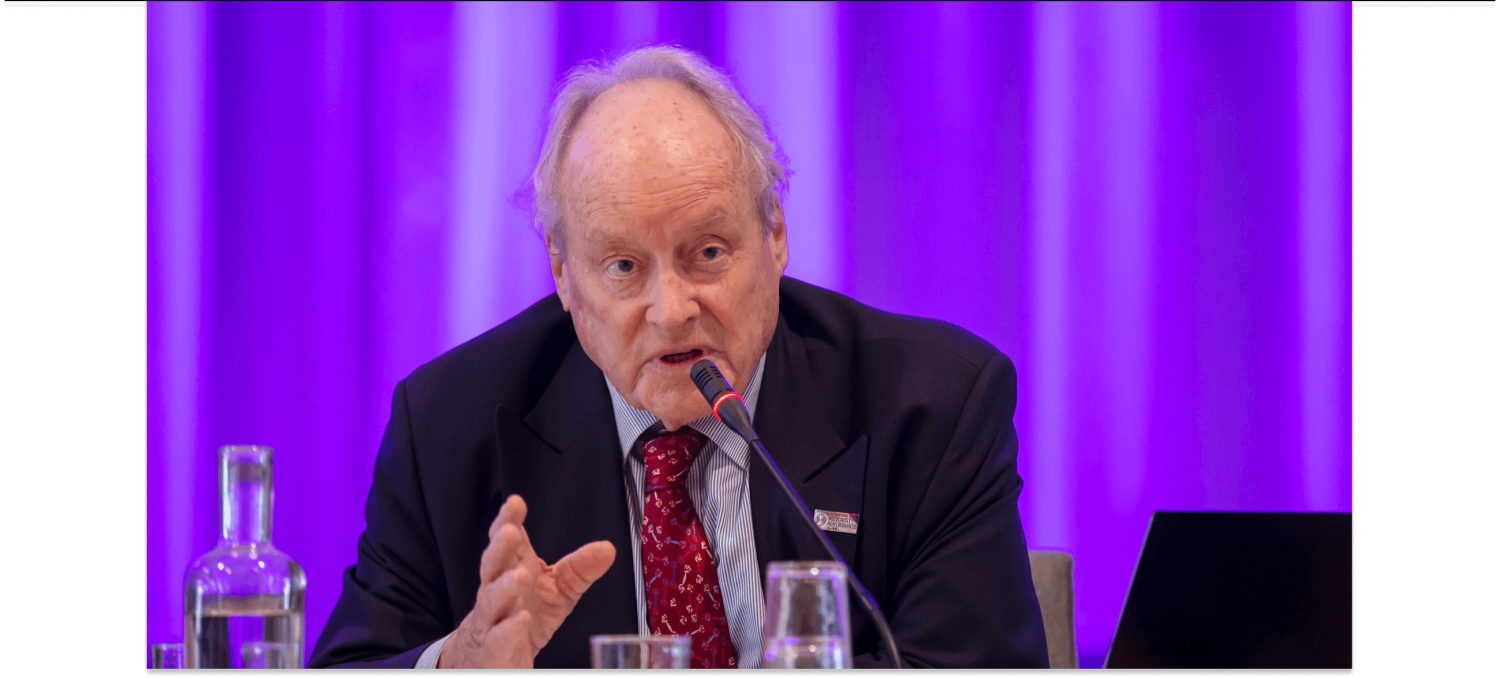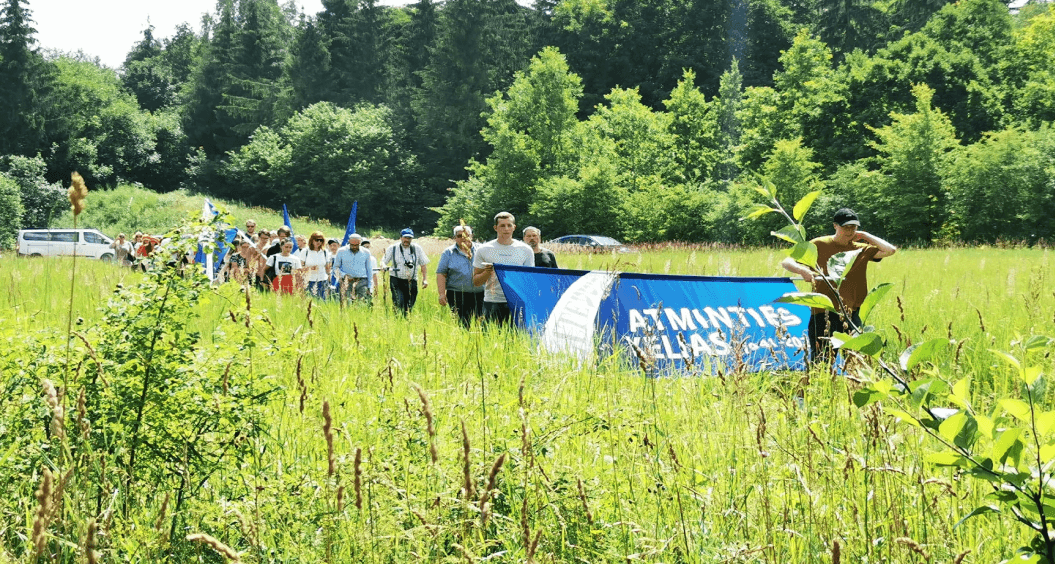
See all countries
- Argentina
- Australia
- Austria
- Belgium
- Bulgaria
- Canada
- Croatia
- Czech Republic
- Denmark
- Estonia
- Finland
- France
- Germany
- Greece
- Hungary
- Ireland
- Israel
- Italy
- Latvia
- Lithuania
- Luxembourg
- Netherlands
- North Macedonia
- Norway
- Poland
- Portugal
- Romania
- Serbia
- Slovakia
- Slovenia
- Spain
- Sweden
- Switzerland
- United Kingdom
- United States of America
Joined the IHRA
2002
International Holocaust Remembrance Day
27 January
National Holocaust Remembrance Day
23 September
Arvydas Daunoravičius (Ministry of Foreign Affairs) – Head of Delegation
Rimantas Jokimaitis (Ministry of Science and Education) – Education Working Group
Faina Kukliansky (Lithuanian Jewish Community)
Dainius Babilas (Department of National Minorities under the Government of the Republic of Lithuania)
Aivaras Poška (Vilna Gaon Museum of Jewish History) –Museums and Memorials Working Group
Ronaldas Racinskas (International Commission for the Evaluation of the Crimes of the Nazi and Soviet Occupation Regimes in Lithuania) – Education Working Group
Simonas Strelcovas (Vilna Gaon Museum of Jewish History) –Museums and Memorials Working Group
Andrius Šarmavičius (Ministry of Education and Sports) – Education Working Group
Stanislovas Stasiulis (Lithuanian Institute of History) – Academic Working Group
Ingrida Vilkiene (International Commission for the Evaluation of the Crimes of the Nazi and Soviet Occupation Regimes in Lithuania) – Education Working Group
Lithuania has made teaching about the Holocaust obligatory in schools, and more than 130 Tolerance Education Centers have been set up in secondary schools. In addition, courses in Holocaust Studies are offered at five Lithuanian universities and 23 September is commemorated annually at the killing site at Paneriai. The Parliament of the Republic of Lithuania declared 2011 the ‘Year of Remembrance for the Victims of the Holocaust’, and 2013 was declared the ‘Year of Remembrance for the Victims of the Vilnius Ghetto’. In 2010, the criminal code was amended with a new article, making it a criminal offence to condone, trivialize, or deny crimes of genocide or crimes against humanity.





